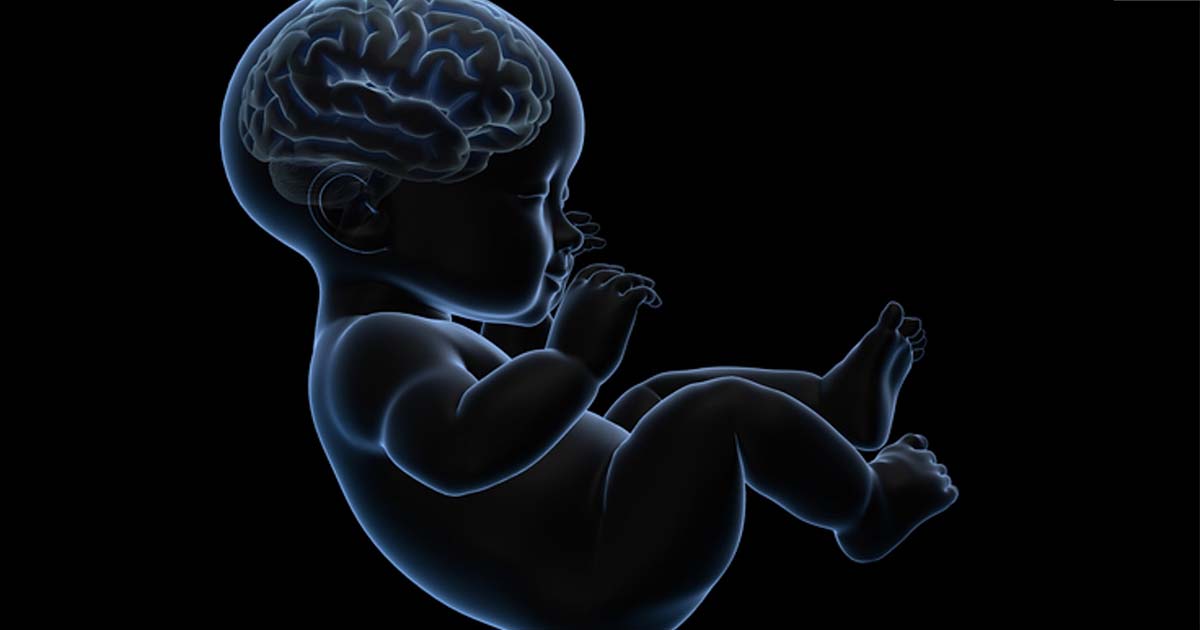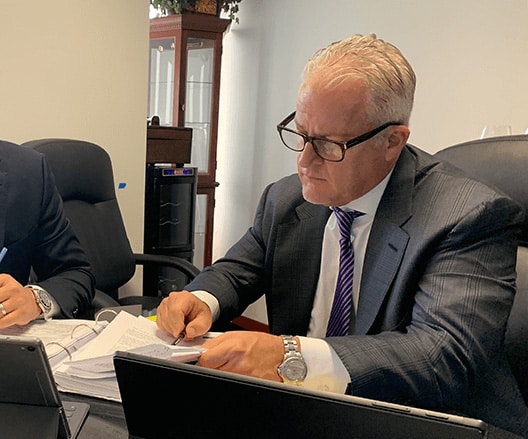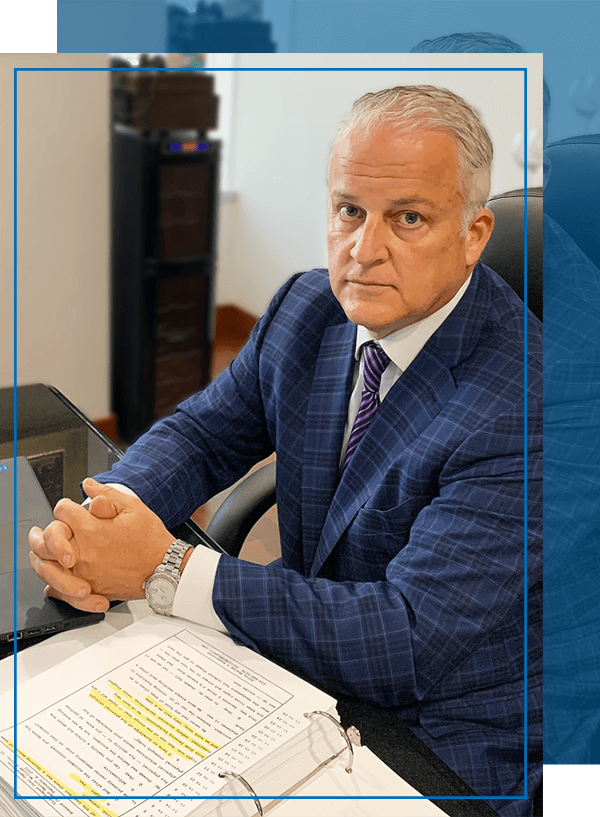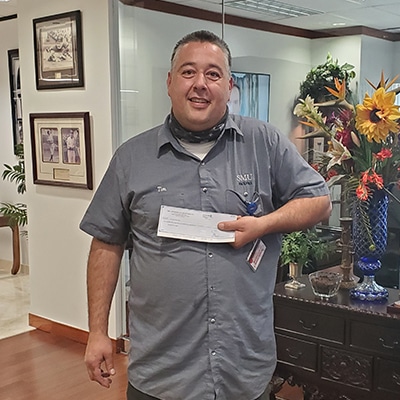Overview
Hypoxic Ischemic Encephalopathy (HIE) is a type of brain dysfunction that occurs when the brain doesn’t receive enough oxygen or blood flow for a period of time. Hypoxic means not enough oxygen; ischemic means not enough blood flow; and encephalopathy means brain disorder.
Hypoxic Ischemic Encephalopathy may develop during pregnancy, labor and delivery or in the postnatal period. There are a number of causes.
Some children will experience no health issues—or only mild or moderate effects—from Hypoxic Ischemic Encephalopathy, while others have much more severe and permanent disability, such as developmental delay; cerebral palsy (motor impairment); epilepsy; or cognitive impairment.
If the blood or oxygen supply to the brain has been interrupted, the rest of the body may have also been “starved” of oxygen. This may cause damage to other organs, including the heart, liver, kidneys and bowels. These organs usually return to normal function. However, if the brain has sustained an injury, it may not recover fully. The length of time the brain was without oxygen usually determines the severity of the damage.
Causes of hypoxic ischemic encephalopathy
Hypoxic Ischemic Encephalopathy (HIE) may occur during fetal development; during labor and delivery; or in the postnatal period. Problems that can cause HIE during pregnancy include:
- Problems with blood flow to the placenta
- Preeclampsia
- Maternal diabetes with vascular disease
- Congenital fetal infections
- Drug or alcohol abuse
- Severe fetal anemia
- Heart disease
- Lung malformations
Potential causes of HIE during labor and delivery can include:
- Umbilical cord problems
- Abruption of the placenta or rupture of the uterus
- Excessive bleeding from the placenta
- Abnormal fetal position, such as the breech position
- Prolonged late stages of labor
- Very low blood pressure in the mother
Problems after delivery can include:
- Severe prematurity
- Severe lung or heart disease
- Serious infections
- Trauma to the brain or skull
- Very low blood pressure in the baby
- Respiratory failure or cardiac arrest
Signs & symptoms
Symptoms of Hypoxic Ischemic Encephalopathy often depend on the severity and extent of the brain injury, as well as the areas of the brain that were affected. Babies born with HIE may:
- Be floppy and unreactive to sights or sounds. Alternatively, some babies with HIE are very tense and react more to stimulation than a healthy newborn.
- Have abnormal movements or seizures.
- Have feeding problems due to weak muscles in their mouth and throat.
- Have a weak cry.
- Show signs of organ dysfunction, especially of the heart, lungs, kidneys, liver and blood.
Diagnosis
If a significant risk factor such as fetal distress or low heart rate occurred during labor and delivery, or the baby needed help with breathing or low heart rate after delivery, HIE may be suspected.
To confirm a diagnosis of Hypoxic Ischemic Encephalopathy, a neurologist will examine your baby, who will be monitored by an electroencephalogram for seizures and signs of brain dysfunction and undergo neuroimaging tests, such as magnetic resonance imaging (MRI), to check for signs of brain injury.
Treatment
Brain Cooling
Immediate treatment for infants born with Hypoxic Ischemic Encephalopathy (HIE) involves cooling the baby for three days. Research has shown that if the brain is cooled just a few degrees below normal body temperature soon after birth, there may be less brain injury.
Your baby will be placed on a cooling blanket for three days. Babies are then given medicines to help them rest comfortably and are closely monitored for any signs of discomfort.
After the cooling period, your baby will be slowly re-warmed to normal body temperature. UCSF’s Neuro-Intensive Care Nursery is equipped to provide this cooling treatment to even the very sickest babies who require ECMO, a type of bypass used to support infants with respiratory failure.
While caring for your baby, we will monitor his or her heart rate, breathing patterns and temperature. During the cooling procedure, we will also check your baby’s brain activity with an electroencephalogram (EEG) and a cerebral function monitor (CFM). Small probes are placed on the scalp to measure the electrical activity of the brain. In addition, we will look for signs of seizures using a video camera.
Blood tests will also be sent to evaluate other aspects of your baby’s health such as infections or metabolic problems.
During the cooling period, it is normal for your baby to have a slower heart rate and breathing rate, and to appear quiet and sleepy. Your baby will receive nutrition through intravenous (IV) therapy. If the nurse determines that it is safe, you may touch your baby (and may even be able to hold him or her) during the cooling period.
After cooling, and when your baby is ready to eat, breast milk or formula will be given. Breast-feeding mothers will receive accommodations and assistance with pumping and storing milk.
At the end of the cooling period, you will meet with the medical team to review the results of tests, including the MRI.
Other Therapies
In addition to cooling, your baby may receive a combination of therapies to support any other organs that have been affected by Hypoxic Ischemic Encephalopathy (HIE). This may include:
- Supporting the heart and maintaining healthy blood pressure
- Sustaining kidney and liver function
- Mechanical ventilation (breathing tube) if the baby is unable to breathe independently
- Medications for babies who have seizures
After HIE, treatment focuses on helping your child adapt to symptoms caused by the brain injury. This often includes a combination of approaches, including medical, physical and occupational therapies. All babies who receive cooling therapy are eligible for follow-up in the High Risk Infant Program and the Neonatal Neurology Follow-Up Program.
If your child or loved one has been diagnosed with In addition to cooling, your baby may receive a combination of therapies to support any other organs that have been affected by Hypoxic Ischemic Encephalopathy (HIE). This may include:, contact a birth injury lawyer from The Lidji Firm, or call (800) 223-7455 to schedule a free case evaluation and gain valuable information about medical evaluations to preserve your case to ensure maximum compensation for your child’s injuries.


























